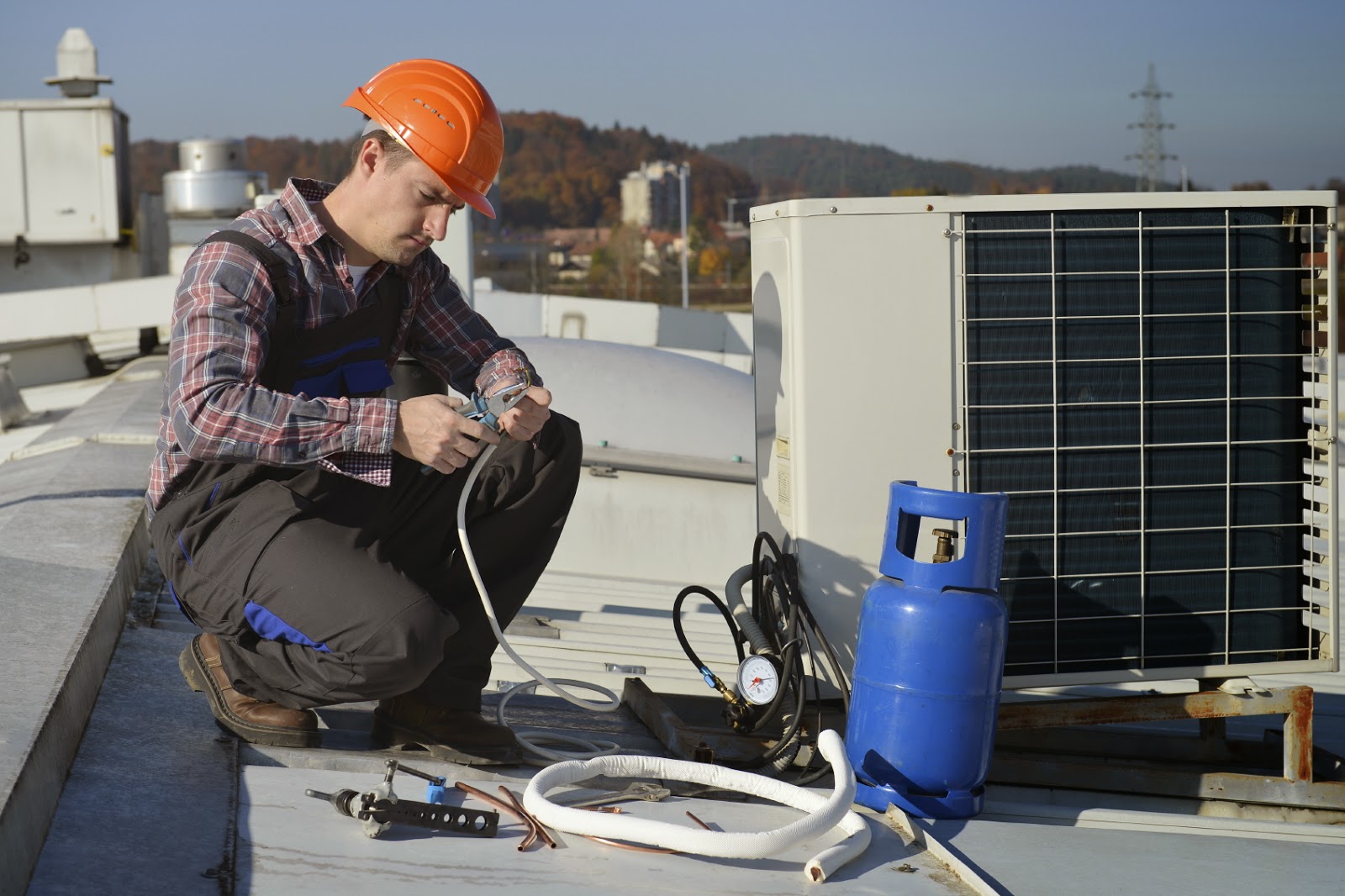 This winter has been a difficult one in Boise, Idaho, placing a much higher demand on commercial HVAC systems than in a typical year. While commercial HVAC units are usually quite reliable, after a season like this one, problems may occur. The best strategy is to prevent any foreseeable problems with proper maintenance.
This winter has been a difficult one in Boise, Idaho, placing a much higher demand on commercial HVAC systems than in a typical year. While commercial HVAC units are usually quite reliable, after a season like this one, problems may occur. The best strategy is to prevent any foreseeable problems with proper maintenance.While some of these problems can be quite small and considered DIY, for more complex issues, call a certified technician.
A certified commercial HVAC technician can be called because a system is no longer providing heating or cooling, but also for routine maintenance. The following are the most common issues checked by an HVAC professional:
- A worn contactor – A unit contains three different contactors. One for the blower motor, one for the condenser fan motor, and one for the compressor. Their engagement is required for making an electrical connection; cooling or heating as it starts the motors and the compressor. Pitting and arcing can form on these contactors, making it more difficult for the electrical current to flow through and start the necessary motor.
- A blown fuse – The purpose of a fuse is to provide protection against the risk of overheating for the compressor or motor within the unit.
- The gas valve – This provides the flow of gas from the line into the unit. It is required only when the system is being used for heating.
- Capacitors – There are two types of capacitors: the run capacitor and the start capacitor. If either of these burn out, they must be replaced or the system will not operate properly.
- Filters – Clogged or dirty filters can reduce the air flow to the unit, causing it to freeze. Filters need to be changed if light does not pass through them when they are held up to a light source.
- Thermostat – Often, the only problem is a thermostat. These can be accidentally turned off or left on the wrong setting.
- A leak of refrigerant – Leaks of refrigerant in the evaporator coils or condenser coils are repairable. The technician is able to remove what is left of the refrigerant, make necessary welds, then recharge the unit to the correct refrigerant level.
- Drain lines – Algae and dirt commonly clog drain lines, causing the drain pan to fill and overflow, leading to water damage.
- Compressor – This is the very core of the air conditioning part of the unit. Without enough refrigerant, the compressor could seize up from overheating. If there is too much refrigerant, the liquid could travel back into the compressor, leading to liquid slugging.
- Condenser coil – These require a cleaning at least once per year. Condenser coils are located outside the unit and are exposed to the elements, leaving them dirty. A very dirty condenser coil requires a thorough cleaning with a chemical cleaning agent by a certified technician.
- Evaporator coil – Depending on the system, the evaporator coil may be located outside with the rest of the unit or in the attic. When it is located inside, a cleaning is required only once every three years. If the evaporator coil cracks, the breakage must be repaired by a professional.
Be prepared for preventable problems that may occur with a commercial HVAC unit. Regular maintenance ensures that the commercial system is running efficiently. Experts suggest scheduling maintenance anywhere from one to four times a year, depending on the type and age of the system. Know a good technician and keep his number where you can easily find it.


